Digital Content Team
This lesson provides an overview of different roles, responsibilities, and job descriptions to help you manage a digital content team.
 Content managers need to interact with a wide range of people in different roles to deliver strategic content goals and meet content production schedules on time.
Content managers need to interact with a wide range of people in different roles to deliver strategic content goals and meet content production schedules on time.
As explained in the Digital Business Structure lesson, however, managing a digital presence effectively requires having quite a sizeable digital department.
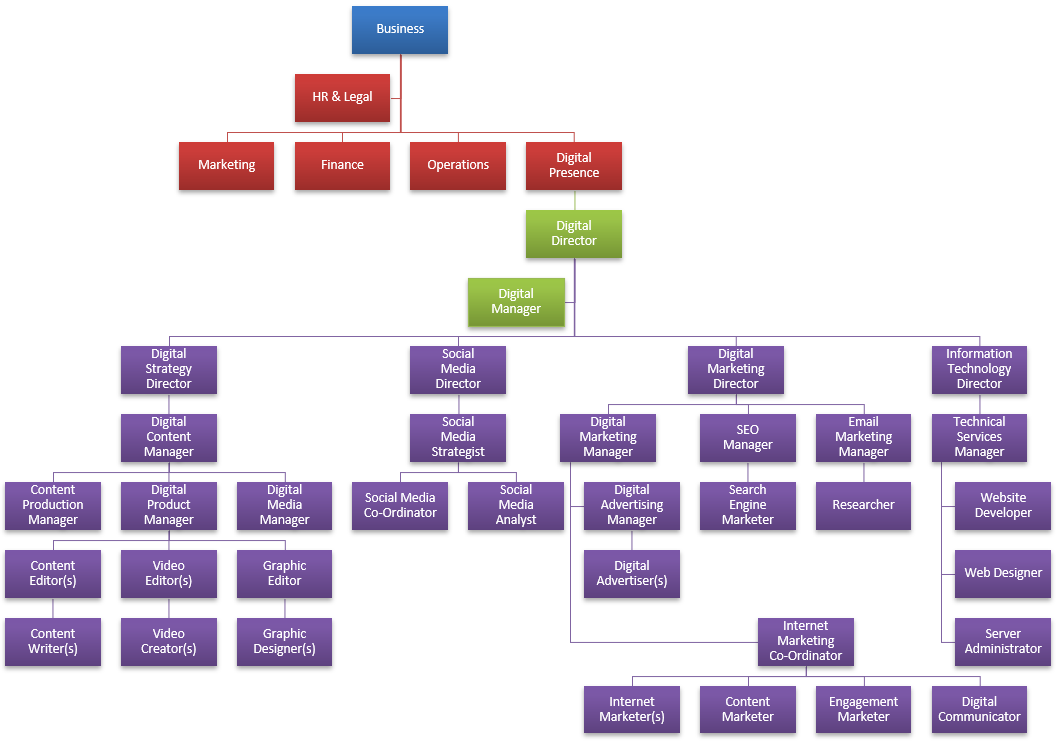
As you can see from the chart below, your organization would need to hire people for almost 30 different roles to effectively manage all the content-related aspects of its digital presence.
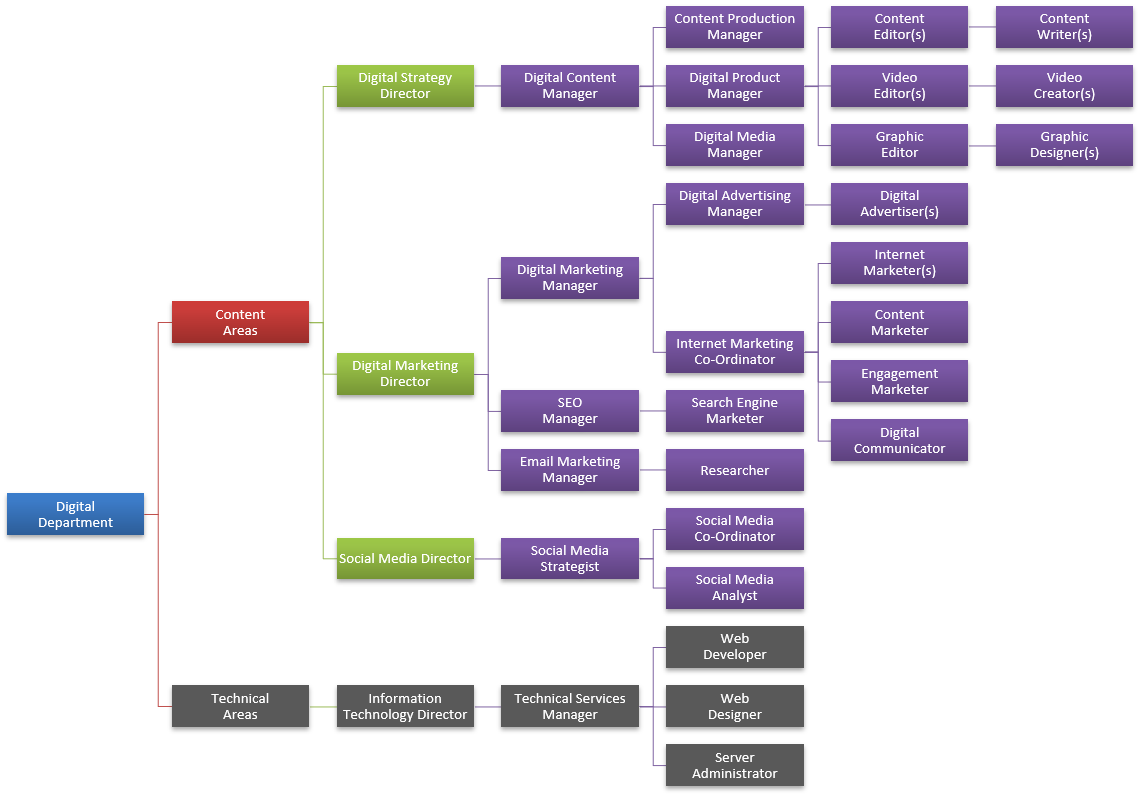
Many businesses can’t afford to run a team of this size, especially most small businesses.
As a content manager, therefore, you may be required to wear many different hats in order to perform successfully in the role, so it’s important to understand (and hopefully even have experience working in) these roles.
Essential Roles In A Digital Content Team
In The State Of Content Marketing Global Report (2022), a survey of 1,500 marketing companies showed that the following specialist roles were the most used in a digital content team:

Some of the more common roles you might find in a digital content team include:
- Digital Content Strategist – responsible for developing and implementing a content strategy for an organization, including goals, a content calendar, audience targeting, and distribution.
- Digital Content Manager – responsible for overseeing the content strategy and workflow for an organization, including setting goals, creating a content calendar, and managing content contributors.
- Digital Content Analyst – responsible for collecting and analyzing data on digital content performance, often using tools such as Google Analytics.
- Information Architect – responsible for organizing and structuring digital content in a way that is intuitive and easy for users to navigate.
- Digital Content Designer – responsible for creating visual elements for digital content, such as images, graphics, infographics, and layouts.
- Digital Content Developer – responsible for creating interactive content or applications, such as quizzes, games, surveys, and other interactive elements.
- Digital Content Marketer – responsible for promoting and distributing digital content, often through social media, email marketing, and other channels.
- Project Manager – responsible for overseeing the planning, execution, and delivery of content projects, including managing budgets and timelines, and coordinating with other team members.
- Digital Content Researcher – responsible for gathering information and data to inform the creation of digital content.
- Digital Content Editor – responsible for reviewing and approving content for publication, and editing digital content, often working with a content writer to ensure the content meets quality, style, and consistency standards.
- Digital Content Writer – responsible for creating and writing original content, including blog posts, articles, social media posts, and other forms of digital content, and often working with a content editor to ensure quality and consistency.
- Technical Writer – responsible for writing and editing technical documentation, such as user manuals, API guides, and other technical content.
- SEO Specialist – responsible for optimizing digital content for search engines, including keyword research and content optimization.
- Social Media Manager – responsible for managing an organization’s social media presence, including creating and scheduling posts and engaging with followers.

Going through job descriptions on recruitment sites is one of the simplest and easiest ways to learn more about each of these roles and understand the responsibilities involved.

To save you time researching this information, we have compiled a list of digital content team roles with role descriptions and salary estimates sourced from job training and recruitment sites like marketing-schools.org and indeed.com., and the U.S. Bureau of Labor Statistics’ Occupational Outlook Handbook (OOH).
Click on the links below to learn more about these roles:
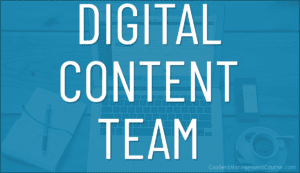
Digital Content Team

Digital Content Strategist

Content Production Manager
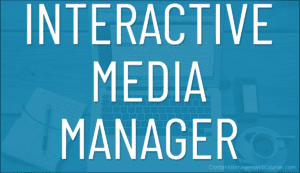
Interactive Media Manager

Internet Marketing Director

Content Marketing Specialist
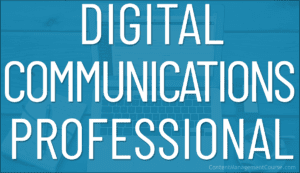
Digital Communications Professional

Search Engine Marketing Director

Internet Marketing Coordinator

Content Outsourcing Resources

Content-Related Jobs and Careers
Content Teams – FAQs
Here are frequently asked questions about content teams:
What is a content management team?
A content management team is a group of individuals responsible for creating, organizing, and maintaining digital content across various platforms.
What are the key roles in a content management team?
Typically, a digital content team consists of content strategists, writers, editors, graphic designers, videographers, social media specialists, SEO specialists, and possibly a project manager or coordinator.
How do I foster collaboration within my digital content team?
Encourage open communication, provide opportunities for brainstorming and sharing ideas, establish clear goals and expectations, and promote a supportive team culture. Utilize collaborative tools and platforms such as project management software, content calendars, and communication tools like Slack or Microsoft Teams, and hold regular team meetings to keep everyone aligned.
What is a digital content team?
A digital content team specializes in creating, managing, and distributing digital content across online channels, focusing on web content, social media, email marketing, and other digital platforms.
How does a digital content team differ from a content management team?
While a content management team focuses on managing content across platforms, a digital content team is more specialized and typically focuses on creating and optimizing content specifically for digital channels.
What skills should I look for when hiring for a digital content team?
Essential skills may include content creation, copywriting, SEO knowledge, social media management, analytics interpretation, graphic design, video production, strong writing and editing abilities, creativity, proficiency in relevant tools and platforms (e.g., CMS, Adobe Creative Suite), SEO knowledge, data analysis skills, and the ability to collaborate effectively with other team members.
How can organizations build an effective content management or digital content team?
Organizations can build effective teams by identifying their content needs, hiring skilled professionals, providing training and resources, fostering collaboration, and continually optimizing processes.
How do I determine the size of my digital content team?
The size of your digital content team depends on factors such as the volume and variety of content you produce, the number of platforms you manage, and your budget constraints. Start with a core team and adjust as needed based on workload and goals.
What is the importance of diversity in a digital content team?
Diversity in a digital content team brings different perspectives, experiences, and ideas to the table, leading to more creative and inclusive content. It helps reach a broader audience and ensures that content resonates with diverse groups of people.
How do I ensure consistency in content quality across different team members?
Provide clear guidelines and style standards for content creation, offer constructive feedback and training when necessary, establish a peer review process, and use content templates or style guides to maintain consistency in branding and messaging.
What strategies can I use to keep my digital content team motivated and engaged?
Recognize and reward team members for their contributions, provide opportunities for professional development and growth, foster a positive and inclusive work environment, and involve team members in decision-making processes.
How do I stay updated on industry trends and best practices in digital content creation?
Attend industry conferences and webinars, subscribe to relevant publications and newsletters, participate in online courses and forums, network with peers in the industry, and encourage continuous learning and knowledge sharing within your team.
What challenges should I anticipate when building and managing a digital content team?
Challenges may include finding and retaining top talent, adapting to changing content trends and algorithms, managing workload and deadlines, balancing creativity with strategic goals, and proving the ROI of content initiatives.
How do I measure the success of my digital content team?
Measure success through key performance indicators (KPIs) such as website traffic, engagement metrics (e.g., likes, shares, comments), conversion rates, lead generation, and overall ROI of content initiatives. Regularly analyze data and track progress toward goals.
Useful Resources
- Occupational Outlook Handbook (OOH) – An excellent resource for occupational data published by the U.S. Department of Labor.
- The Small Business Digital Manager – This guide covers the challenges many small businesses face running an effective digital presence and provides practical ways to address these.
- Digital Business Video Courses – Video courses to help you develop the digital skills you need to manage content effectively.
- WordPress User Manual – A detailed and comprehensive step-by-step WordPress user manual for non-technical website users.
- Content Troubleshooting Guide – Use this guide to troubleshoot content-related issues.
Visit our tools and resources section for additional courses, guides, and helpful tools and resources for content managers.
References
Job/recruitment agencies:
***
Return to the content management course outline
Image: Team
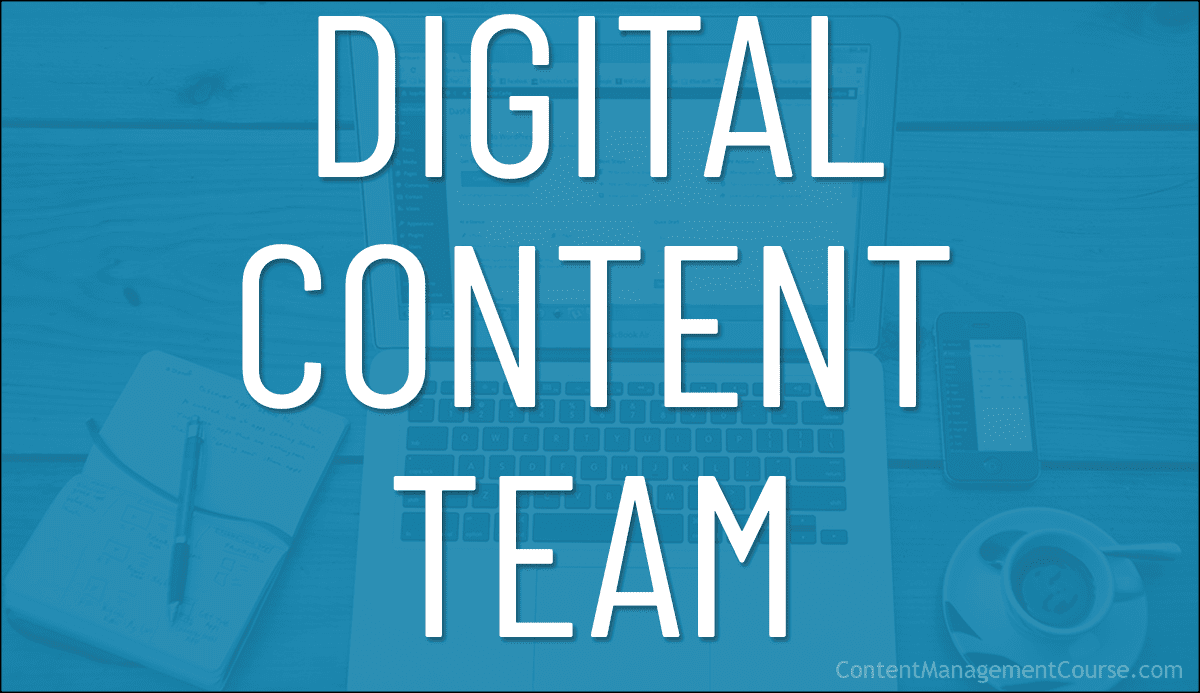
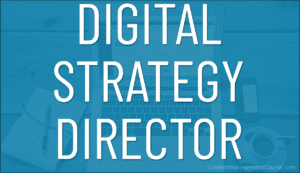
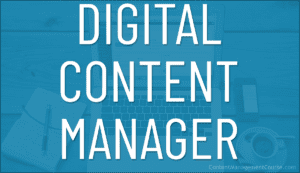


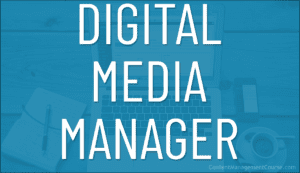
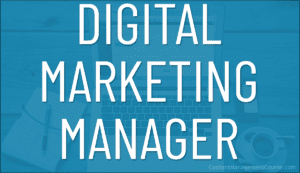

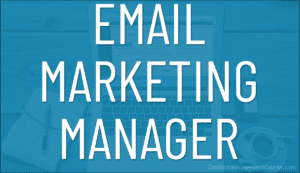


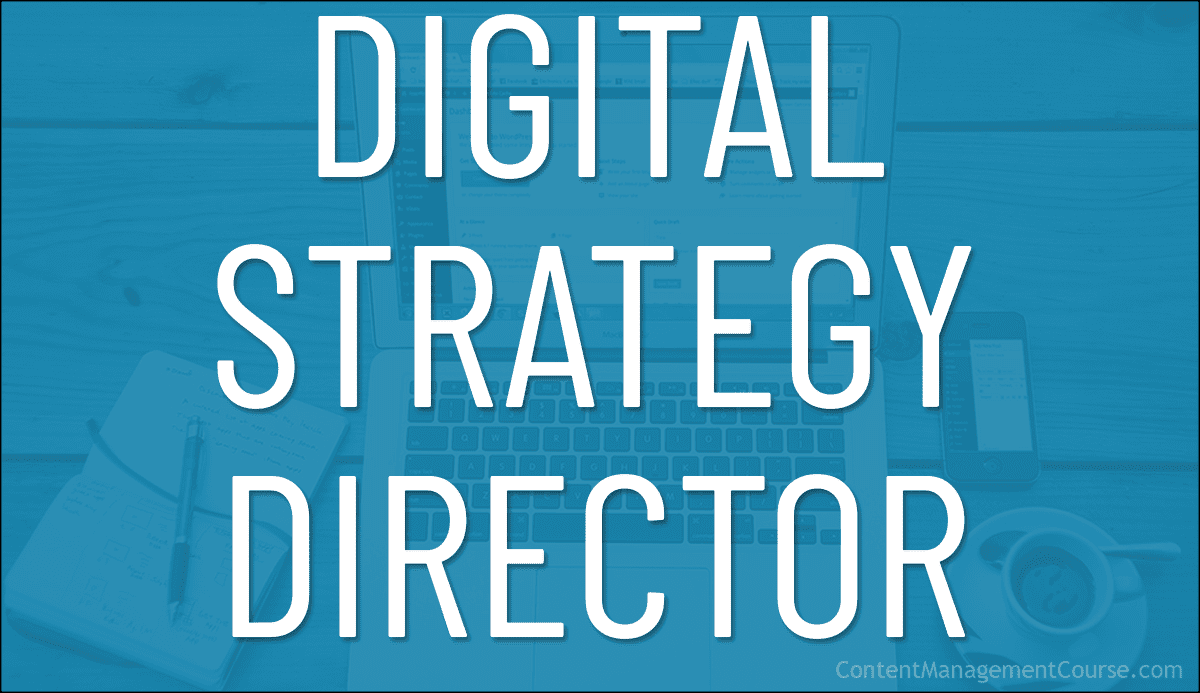
 In this section of the
In this section of the 
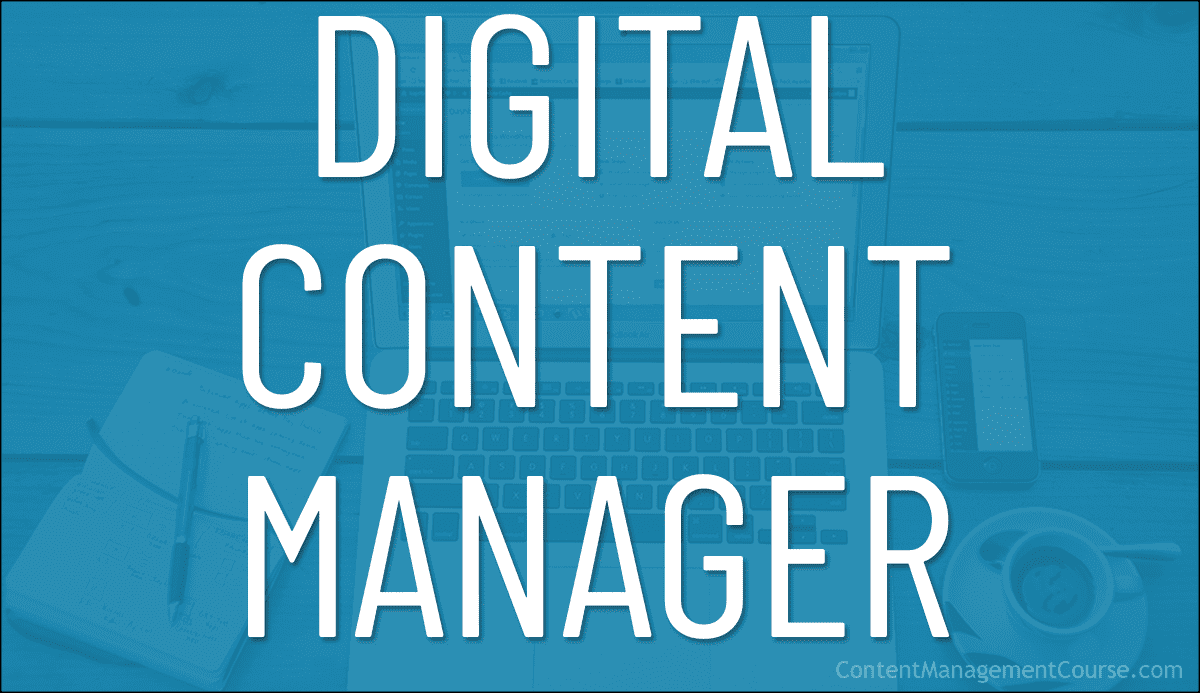
 In this section of the
In this section of the 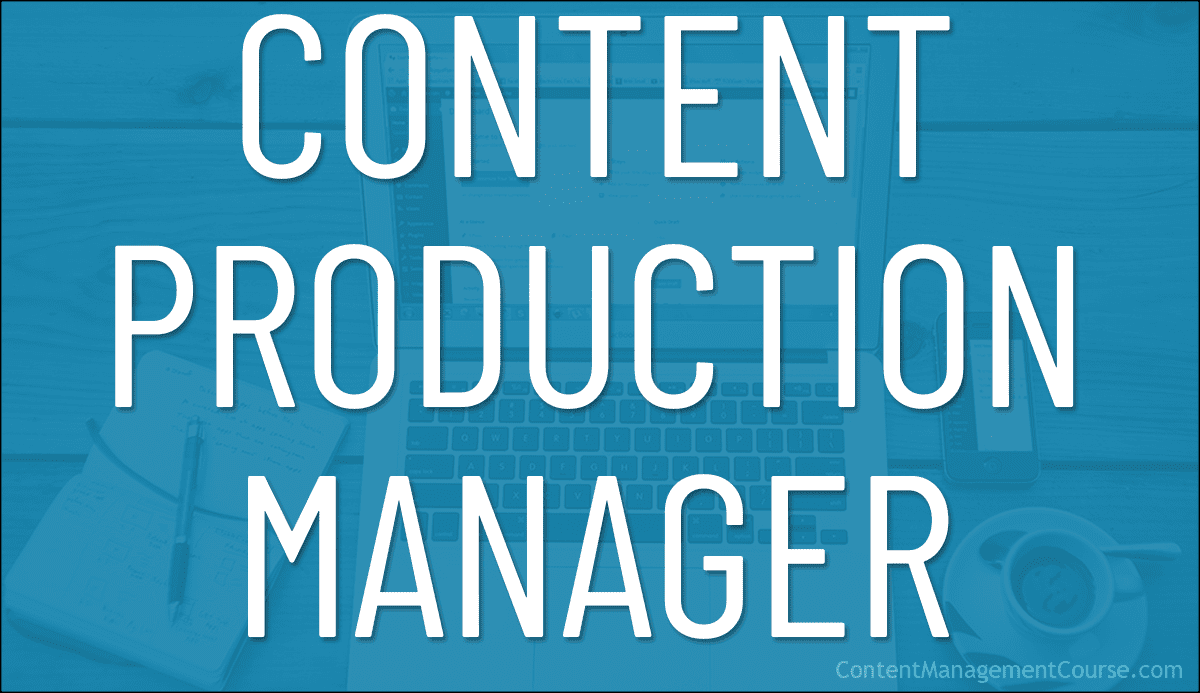
 In this section of the
In this section of the 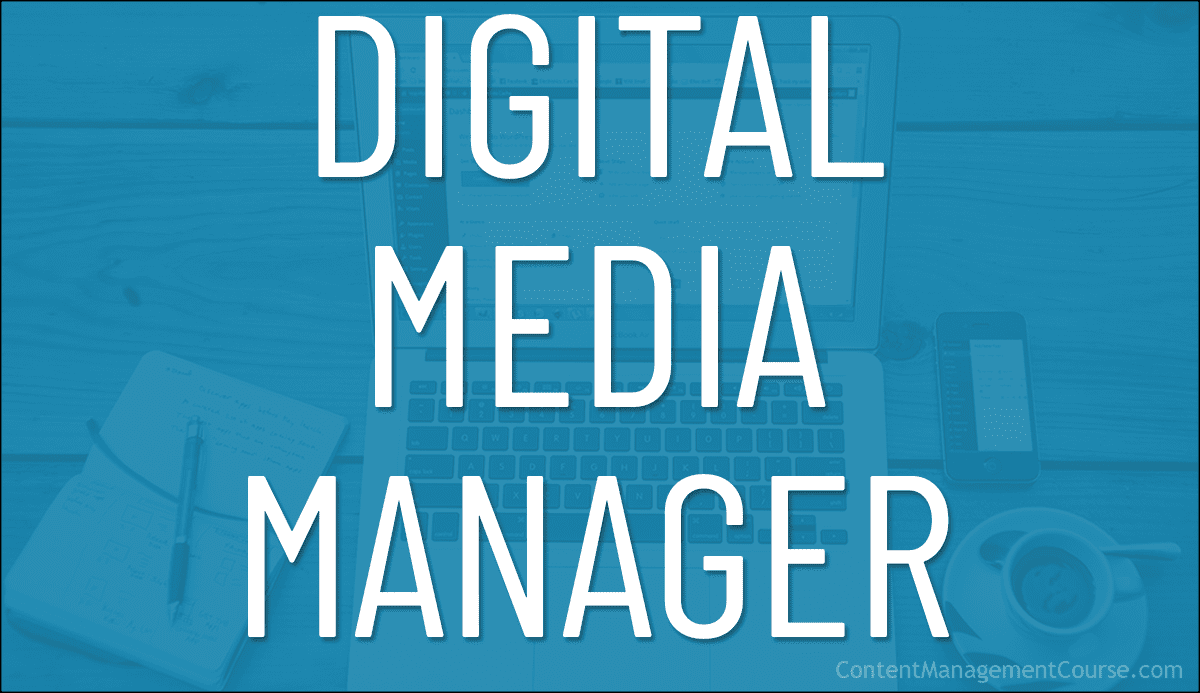
 In this section of the
In this section of the 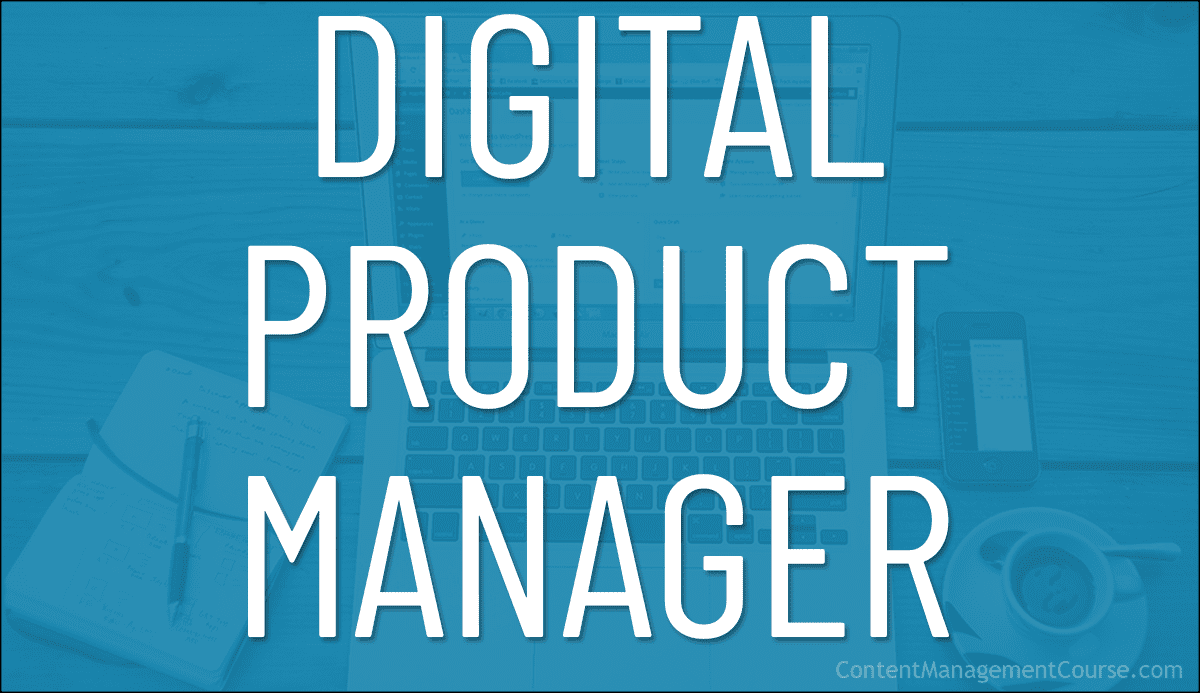
 In this section of the
In this section of the 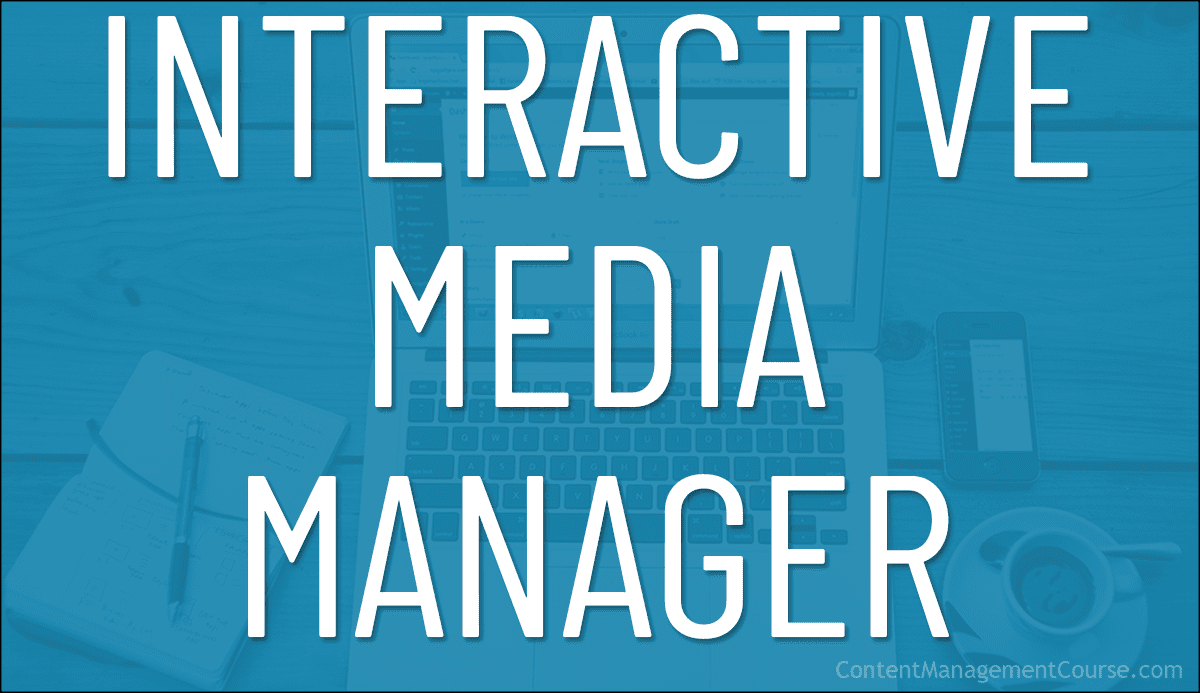
 In this section of the
In this section of the 
 In this section of the
In this section of the 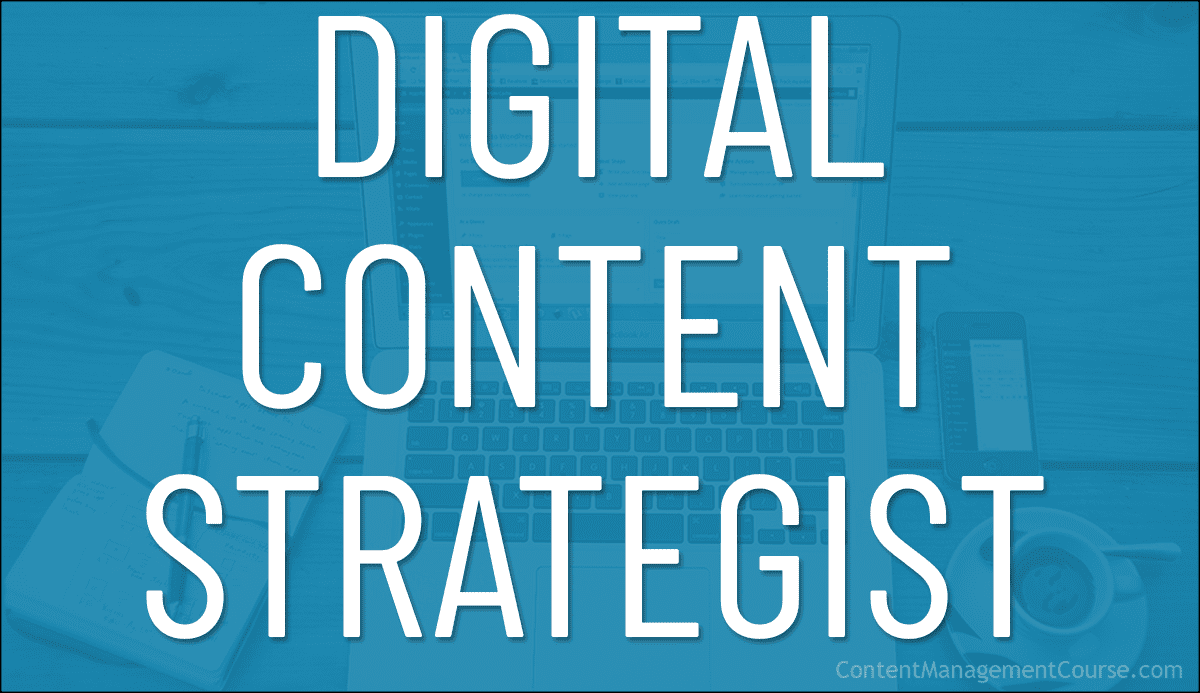
 In this section of the
In this section of the 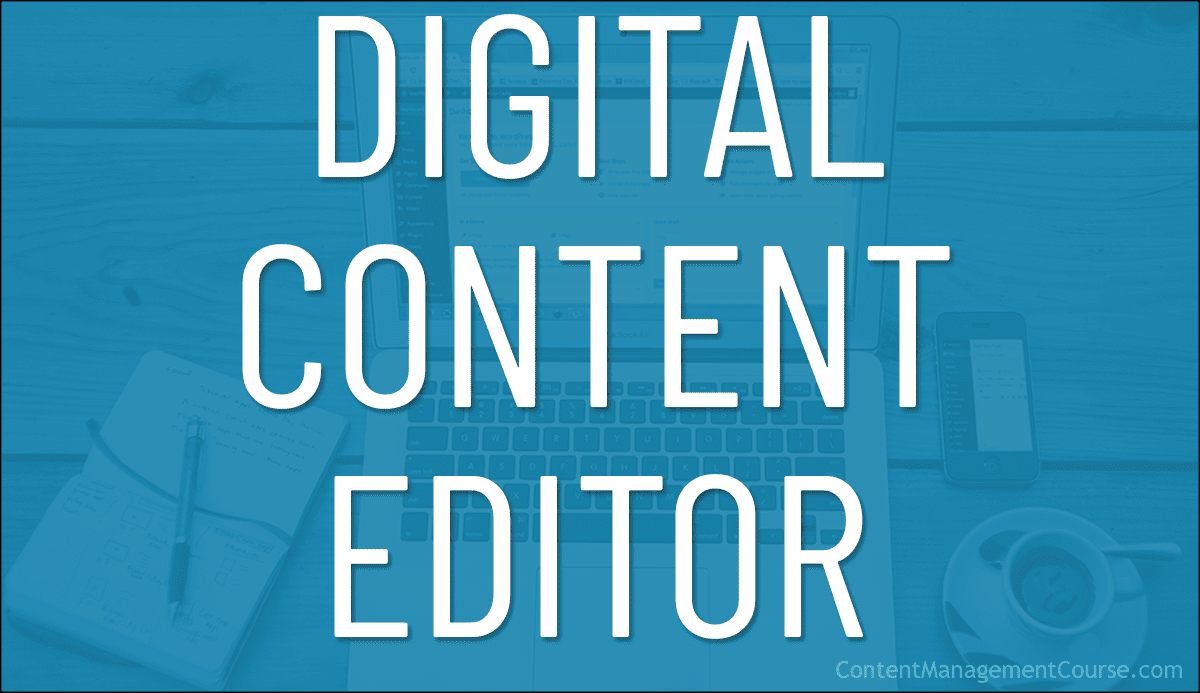
 In this section of the
In this section of the 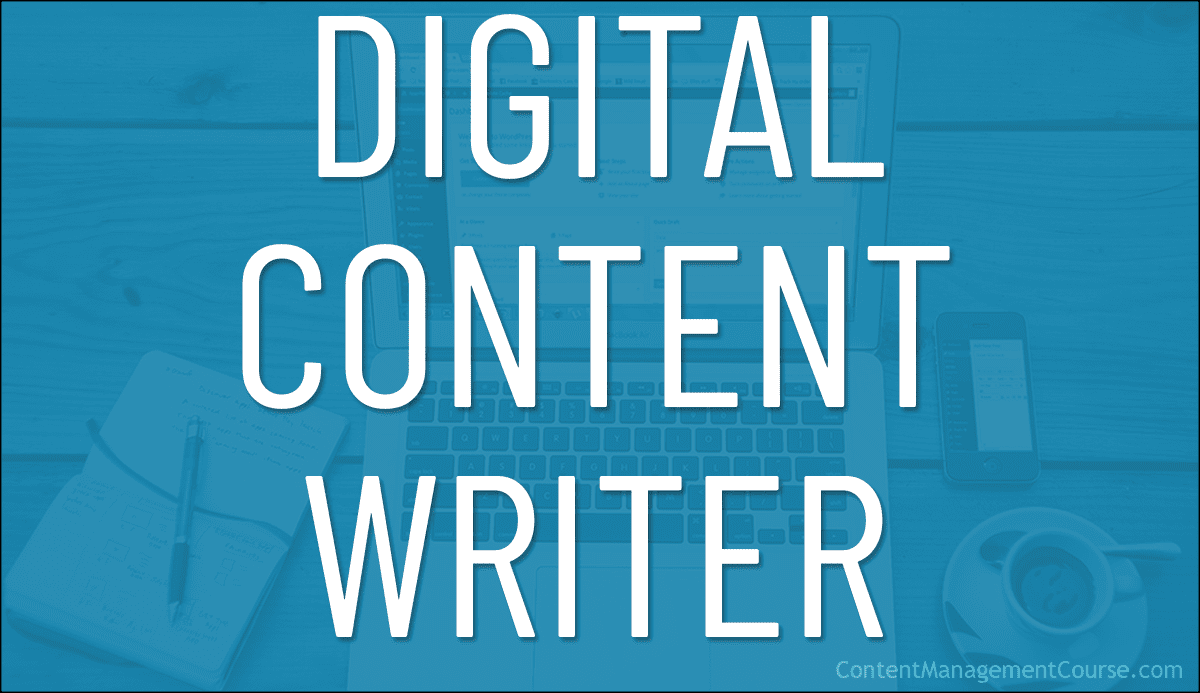
 In this section of the
In this section of the 
 In this section of the
In this section of the 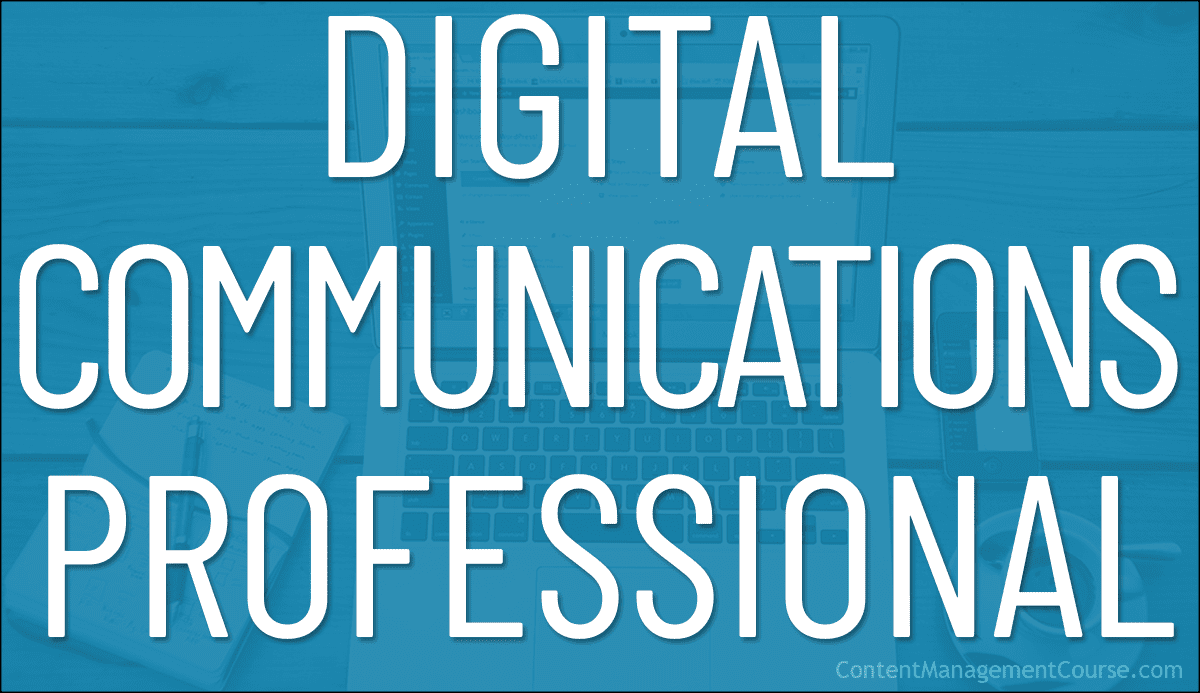
 In this section of the
In this section of the 
 In this section of the
In this section of the 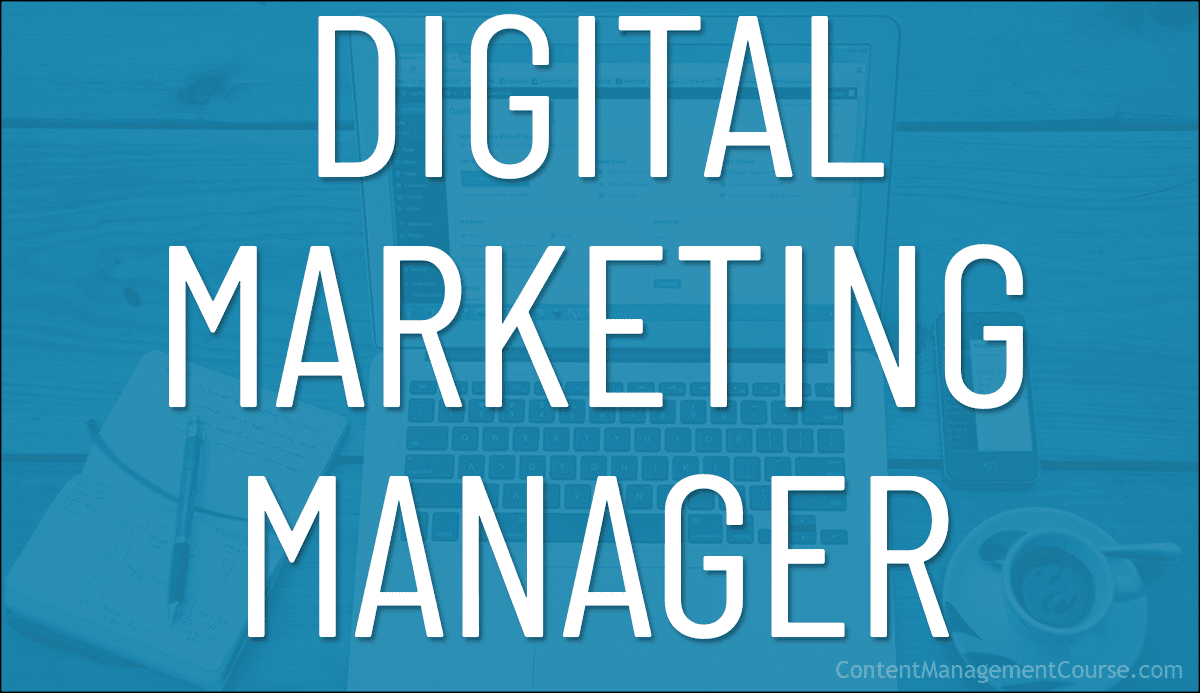
 In this section of the
In this section of the